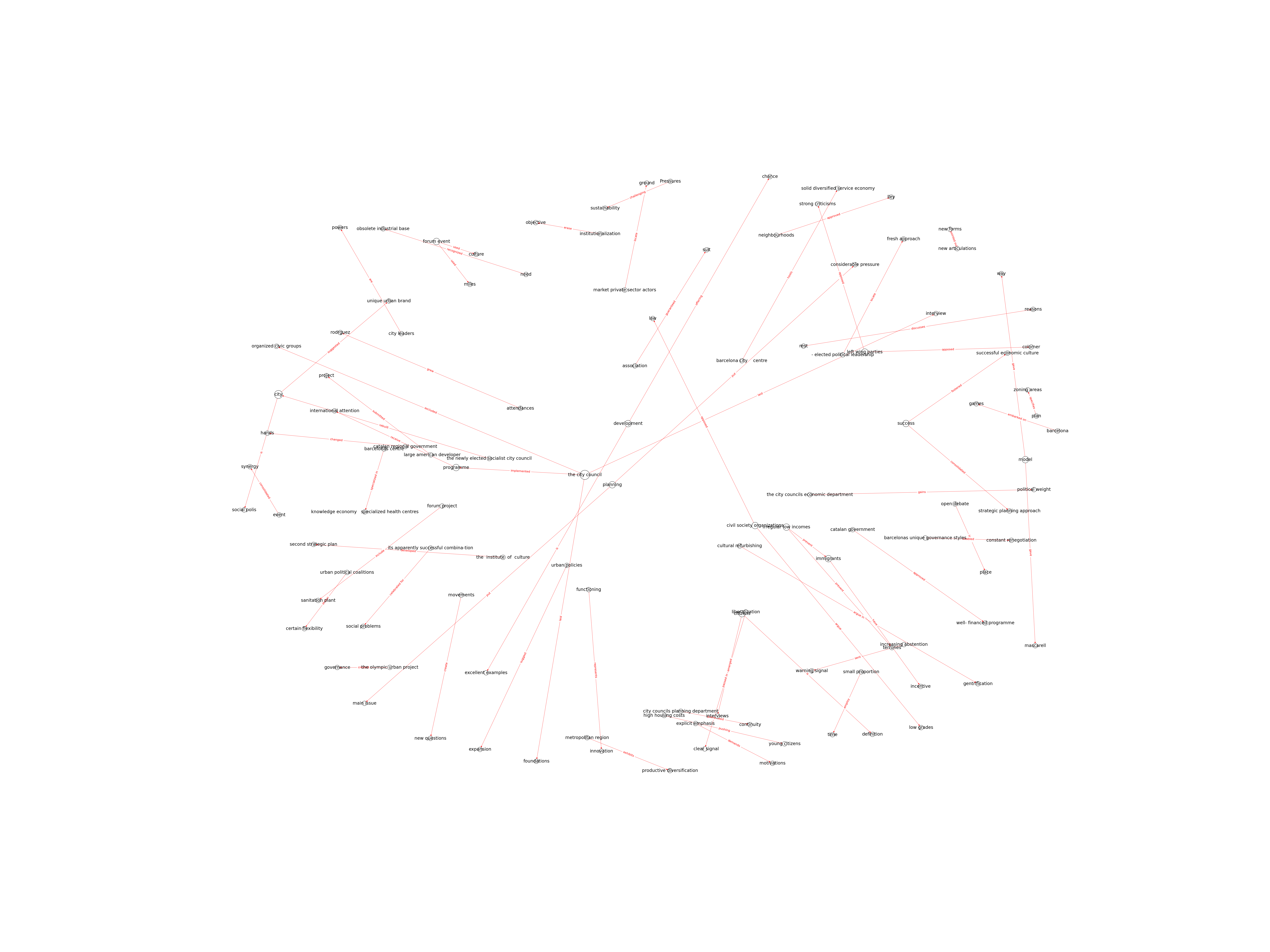| Id | 158 | |
| Author | Degen, M., ; Garcia, M., | |
| Title | The Transformation of the ‘Barcelona Model’: An Analysis of Culture, Urban Regeneration. | |
| Reference | Degen, M., Garcia, M. (2012). The Transformation of the ‘Barcelona Model’: An Analysis of Culture, Urban Regeneration. International Journal of Urban and Regional Research, 36(5): 1022‑1038. |
|
| Keywords | Barcelona; Redevelopment; Culture; Urban regeneration; Governance; Social justice |
|
| Link to article | https://doi.org/10.1111/j.1468-2427.2012.01152.x |
|
| Abstract | Barcelona’s redevelopment has been widely celebrated for its apparently successful combina-tion of cultural strategies with urban regeneration to address social problems. The ‘Barcelona model’ has evolved, however, with changing relationships between urban regeneration, the use of culture and modes of governance. The role of cultural strategy has shifted from being part of a cultural vernacular with social and political citizenship at its core to become a functional tool for ensuring social cohesion and marketing the city’s brand. This is linked to a gradual dilution of bottom-up participatory democracy in governance. Pressures for international competitive-ness are challenging the sustainability of the ‘Barcelona model’, while local actors are trying to ensure social justice at home. |
|
| Metodology | Analysis of policy documents, discussions held during a symposium at the Centro de Cultura Contemporanea de Barcelona (CCCB) on 15 May 2008 (see: http:// www.cccb.org/en/noticia?idg=23510), and interviews with key planners, managers and politicians involved in Barcelona’s urban and cultural development. |
Technique | Interview; Document analysis |

Note: Due to lack of computing power, results have been previously created and saved in database


